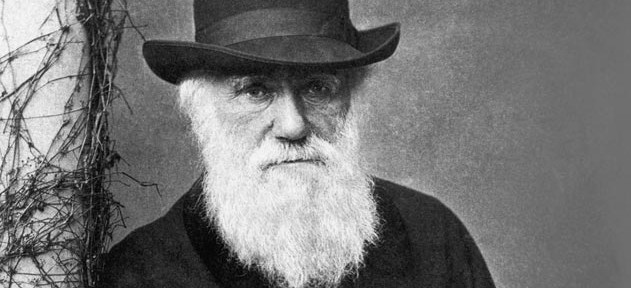“93% of the National Academy of Sciences (NAS) are atheists,” boasts the social media proselytizer who is now all but certain he has presented inarguable evidence that rational, thinking people are drawn away from theism. It comes from a survey conducted in 1996 and published in the journal Nature. I have seen this statistic often enough that I decided to dig into it a bit further. It is now clearer than ever that this survey is an example of selection bias and further supports the assertion that the NAS is intolerant.
Right from the start, the 93% number is a little misleading. 72% disbelieve in God while 23% express doubt or agnosticism. Atheists routinely lump in agnostics in figures like this if it is to their advantage, but agnostics often describe themselves that way to separate their views from their understanding of atheism. But, this may be little more than semantics.
What if we looked at a different group of scientists? When surveyed in 2009, a slight majority (51%) or respondents from the American Association for the Advancement of Science expressed belief in God (or a “higher power”) and 41% indicated disbelief. It turns out this survey matches rather closely with a survey done 100 years ago, even showing a slight increase in theism among the scientists polled.
Still a different group, university professors, end up somewhere in the middle of these figures. A 2010 survey found 34% were atheists, 30% agnostic, and 27% expressed some level of belief in God.
So far it’s clear that while scientists are far more likely than the general population to be atheist, the 93% figure is simply not an accurate representation of scientists as a whole. Now, let’s extend the data even further.
In academia, the consequences for your conclusion being wrong is a retraction from an academic journal, a scathing peer review, or wider public scrutiny. In other environments, the cost of being wrong are people’s very lives. Certainly few people think that doctors work with anything other than an evidence-based evaluation and decision-making process. If they were to do otherwise, they face severe civil or criminal penalties while their patient suffers physically to varying degrees. Physicians must rely on science when it really counts.
Are these rational-minded professionals also inclined to be atheists? Not quite. As of 2005, 76% expressed belief in God. While this is still lower than the general population, it turns out that doctors are actually more likely to attend religious services – 90% of them vs. only 81% of Americans as a whole. If we were to accept that the majority opinion of an evidence-based profession proves that thinking people should accept their view, we may hold this up as a persuasive argument for converting to theism. I do not recommend that approach for the reasons explained throughout this article.
What might explain these differences in beliefs across a range of scientists? As an engineer who also relies heavily on facts to form conclusions, I prefer not to speculate too far without doing more extensive research. Allow me to offer two possible causes to consider: indoctrination and culture. American universities are now breeding grounds for anti-religious minds. Over time our culture has trended the same direction, and the sub-culture in academic circles is likely to influence the distribution of religious beliefs in that group.
In earlier times, higher institutes of learning we’re built by Christians and Western society was far more deeply committed to biblical truth. Indeed, the greatest scientific minds who pioneered most of the major branches of science were theists. This fact alone indicates that theistic belief is no detriment to the advancement of scientific inquiry, if not the very basis for science itself.
When we consider the full range of data and look at it objectively, we find every good reason to reject the “majority of scientists are atheists” argument so often presented. The wide disparity among different groups of scientists also shows that they are human like everyone else, subject to the same influences and pressures that shape our ideas about the world. This is why we must always look to a higher standard than ourselves. Let us trust instead in the words of an all-knowing being, not in the wisdom of men with limited knowledge or understanding (1 Cor 2:5).


